The Reuters news staff had no role in the production of this content. It was created by Reuters Plus, the brand marketing studio of Reuters.
Paid for and created by

Disclaimer: The Reuters news staff had no role in the production of this content. It was created by Reuters Plus, the brand marketing studio of Reuters. To work with Reuters Plus, contact us here.
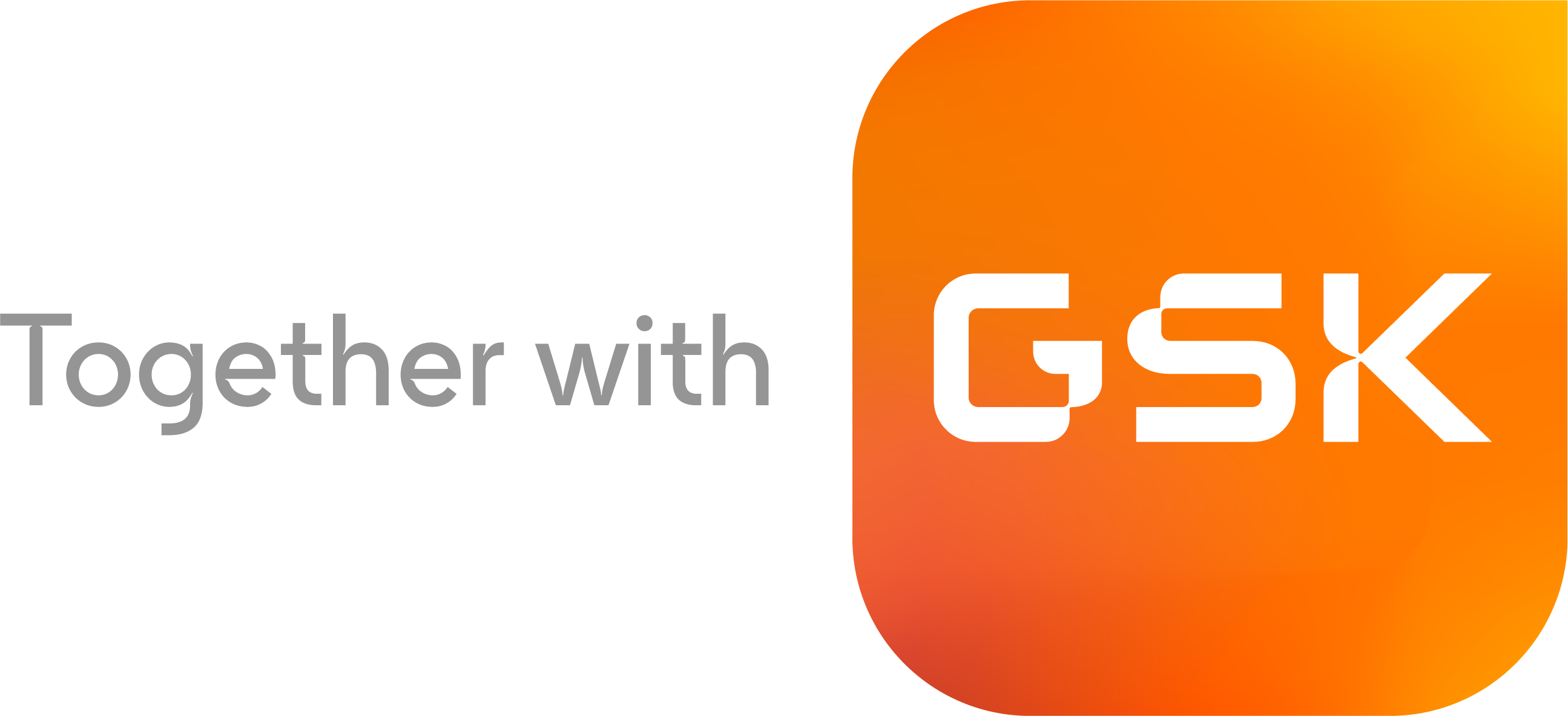

Navigating a cancer diagnosis through communication �and education
Gynecologic cancer treatment and survival can be a complex experience to navigate. That’s why it’s important for providers to help inform patients throughout each stage of their treatment journey.



n more than two decades as a gynecologic oncologist and Director of RUSH-MD Anderson Cancer Center, Dr. Amina Ahmed has witnessed incredible progress in the treatment of cancer. But there are still many areas in which she feels significant improvement can be made, including one in particular.
I
Dr. Ahmed shares, “patients are not educated on what to expect up front, and unfortunately they don’t really know what to expect afterward, in regard to their treatment.”
She continues that patients can often be inundated with information upon their diagnosis and may need additional support to ensure they remain informed throughout their experience with cancer.
I always say cancer treatment is a marathon. Primary oncologists like to manage treatment in segments, but most patients want to have a plan, and it is our responsibility to help outline it.

A recent multinational survey commissioned by GSK of 818 gynecologic cancer patients and survivors across 10 countries sought to learn more about their unmet needs. Consistent with Dr. Ahmed’s experience, one finding showed that 41% of respondents reported they felt uncertain about what to expect during their treatment. Similarly concerning, 72% reported they found it challenging to attend appointments and 73% of patients said they did not feel empowered to overcome their gynecologic cancer diagnosis.
The survey is part of GSK’s Your Cancer Is Our Challenge initiative, which aims to identify and address the gaps and barriers associated with gynecologic cancer and create solutions to drive progress — beyond treatment.
“When I looked at the results of the survey, they were in line with much of what I see in clinical practice. As professionals, we really are not providing the education that's needed for patients to get through their treatment successfully,” shares Dr. Ahmed. “I always say cancer treatment is a marathon. Primary oncologists like to manage treatment in segments, but most patients want to have a plan, and it is our responsibility to help outline it.”
Nina Mojas, GSK’s Senior Vice President, Oncology Global Product Strategy, reiterates the importance of these findings. “Just because every patient’s experience with cancer is unique, it doesn’t mean they need to feel alone on their journey. The survey shed a light on the need for patients to have access to educational resources, support systems and meaningful conversations with their healthcare teams to better understand what to expect after diagnosis. Your Cancer Is Our Challenge is designed to help address these gaps and I look forward to advancing this program in a meaningful way for patients.”

The survey shed a light on the need for patients to have access to educational resources, support systems and meaningful conversations with their healthcare teams to better understand what to expect after diagnosis.
“I always encourage patients to come to an appointment with a list of questions in their hand and a second set of ears at their side; usually a spouse or family member,” Dr. Ahmed says. “Sometimes they can ask the questions that you can’t.”
Jennifer Garam, an ovarian cancer survivor and advocate from Westchester County, New York, calls upon her firsthand experience to help others navigate cancer. Diagnosed with stage 3 ovarian cancer in 2018 at the age of 43, she uses her voice as a survivor to provide support to others, sharing her insights on what to expect and the approaches she took during her own experience. Like Dr. Ahmed, Garam says one of the most crucial aspects of her treatment was empowering herself with knowledge — which included, among other things, bringing a notebook to medical appointments with a list of questions to review with her doctor.
Garam shares that she knew almost nothing about ovarian cancer prior to her diagnosis, but that her perspective quickly changed when she was diagnosed. Soon after her diagnosis, she began applying her skills as a journalist to research information that would help her navigate treatment, frequently considering what she wanted to learn about and share with others.
“Education was really helpful for me to feel like I was able do something about this situation over which I had very little control,” she says.
About six weeks into treatment, Garam underwent genetic testing at the recommendation of her gynecologic oncologist. When she received the results, she learned that she’s BRCA1 positive, which is an important biomarker that doctors can use to help determine risk of ovarian cancer and appropriate treatment paths. She says genetic testing highlighted a wave of misconceptions she’d been operating under prior to her diagnosis. “There were no women with ovarian cancer or breast cancer in my family that I was aware of. So, I think there's a misconception that if cancer is not visible in your family, then you're not at risk,” she says, “which, I discovered, clearly wasn’t true.”
Learn more about the “Your Cancer Is Our Challenge” initiative.
— Dr. Amina Ahmed, Gynecologic Oncologist, Director of RUSH-MD Anderson Cancer Center
— Nina Mojas, Senior Vice President, Oncology Global Product Strategy at GSK


Garam receiving chemotherapy treatment for ovarian cancer, November 2018.
of patients across the regions surveyed have never had any genetic testing done.
34
%
74
%
of patients who had received genetic testing wished their healthcare provider gave clearer explanations of genetic test results.
Genetic tests are being increasingly used in gynecologic oncology to optimize treatment, helping healthcare providers identify treatment options that are most likely to work for individual patients.
Your Cancer Is Our Challenge


41
Many patients reported feeling uncertain about what to expect during or after treatment
During treatment
After treatment
Written and paid for by GSK
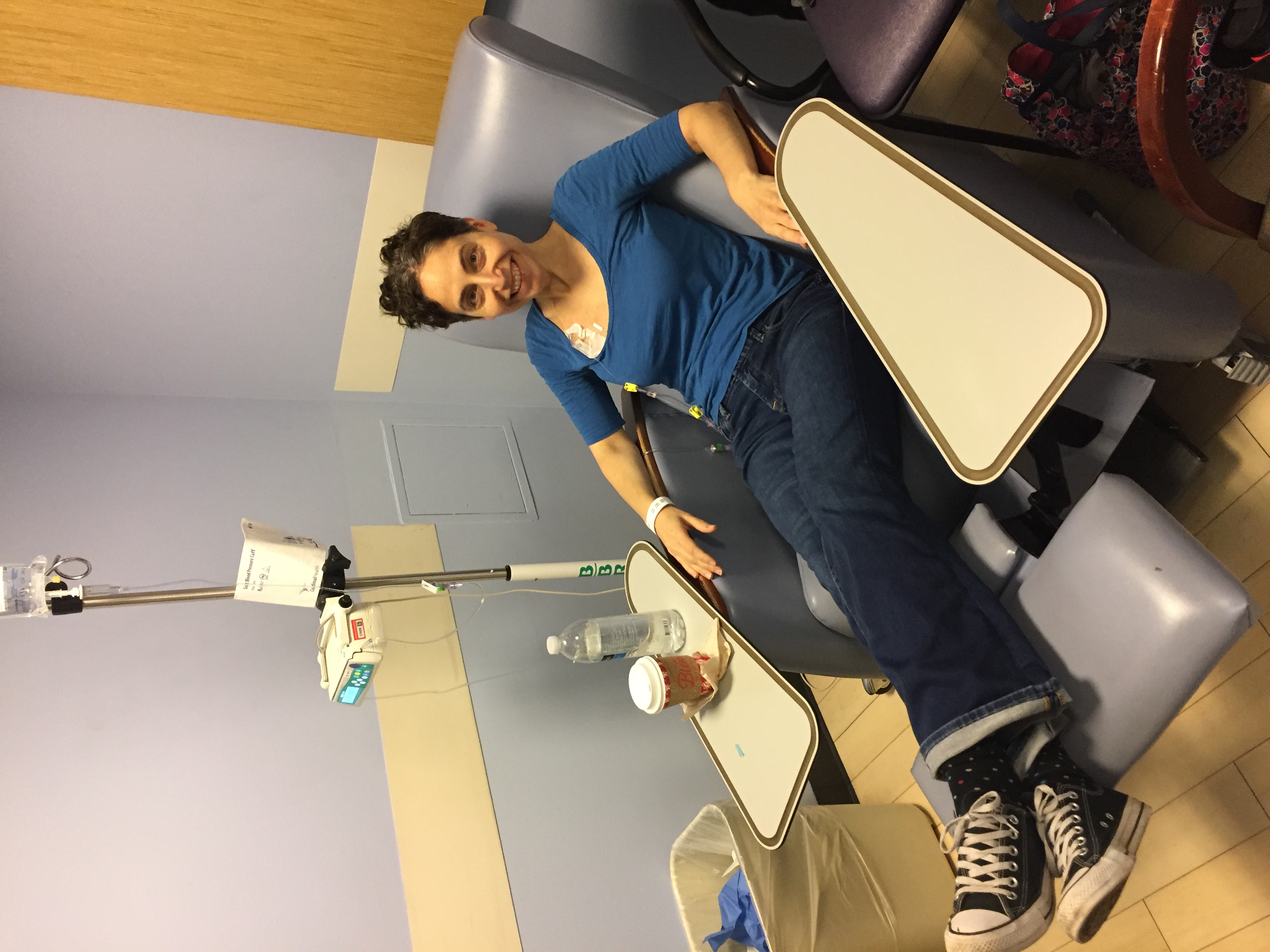
%
36
%
Source: Your Cancer Is Our Challenge Survey: Global barriers in gynecologic oncology impacting treatment experiences and outcomes
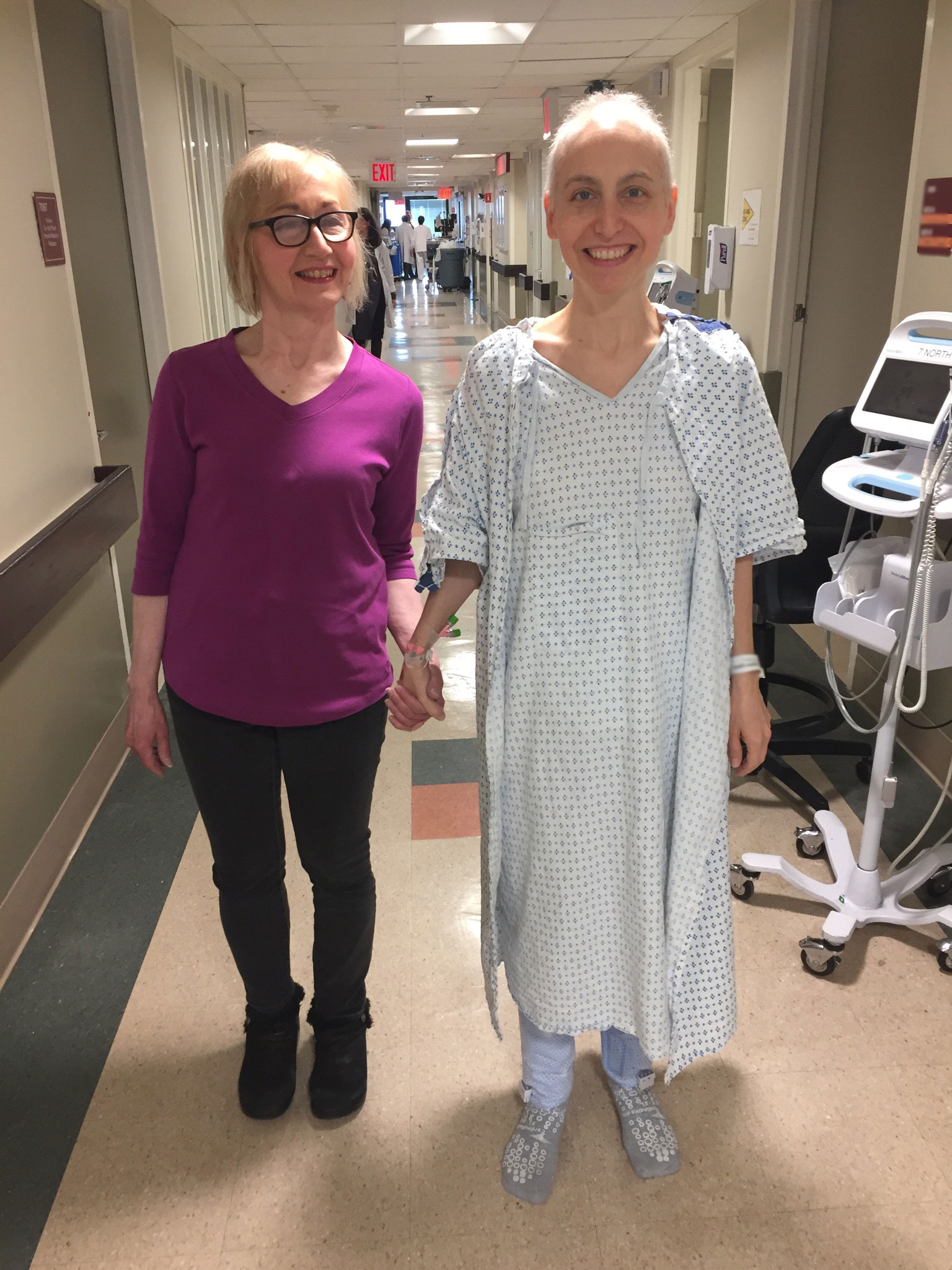
Garam standing hand-in-hand with her mother during her hospital stay post-ovarian cancer debulking (i.e., removal) surgery, January 2019.
Your Cancer Is Our Challenge results also echo Dr. Ahmed’s stance with respect to biomarkers and genetic testing. Nearly nine out of 10 patients said they want to know more about what types of tests are available to inform their cancer treatment and more than a third (34%) of patients surveyed had never had any genetic testing done. Among those who had, the majority wished their healthcare provider gave clearer explanations of genetic test results (74%).
Source: Global barriers in gynecologic oncology impacting treatment experiences and outcomes
She encourages people to talk with their providers about their treatment plans, including the possibility of genetic testing, regardless of their age. “It’s important to know whether you have a genetic mutation, because that information is very useful for determining the right treatment for your individual situation,” she says.
“For me, being diagnosed with cancer was both better and worse than I’d imagined,” says Garam. “It was absolutely terrifying facing my own mortality, but it was uplifting in ways I didn’t anticipate. The care I received from my medical team was inspiring and I felt empowered being proactively involved in my treatment. And the greatest benefit has been being able to share what I’ve learned through my experience with cancer to help others.”
This article was sponsored and written by GSK. Subjects were compensated for their participation in the development of this article.

Reflecting on her treatment now, Garam shares, “I learned very quickly that you have to be an advocate for your own health and healthcare, because there's so much to manage. You have to know what's going on and you have to play a part in it.”
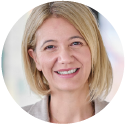
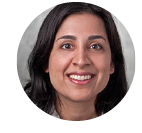
NP-GBL-AOU-WCNT-250003
Date of preparation: April 2025
The Reuters news staff had no role in the production of this content. It was created by Reuters Plus, the brand marketing studio of Reuters.

Produced by Reuters Plus for

